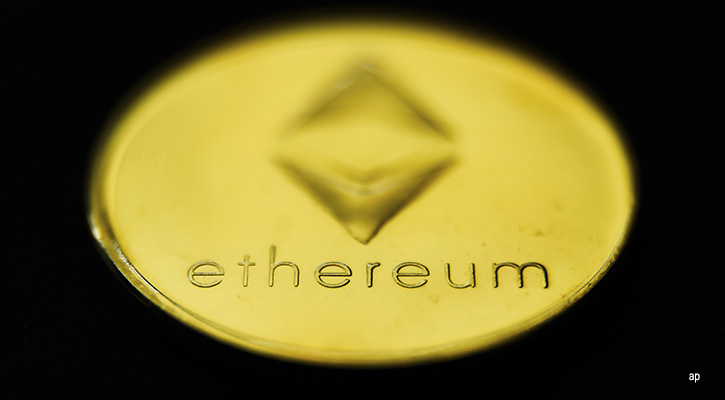
With record valuations and IPOs, fintech is so far succeeding in becoming the next big thing. As discussed at the recent Morningstar Investment Conference, disruption in the banking and payments space is a core investment theme for technology investors, particularly due to the behavioural changes following covid.
For now, several of the hottest names remain in private hands, but as more and more fintechs go public, fund companies are beginning to tap into the ever-growing demand. Fund groups in the US, Luxembourg and Japan have all launched products focusing specifically on financial technology, including funds and ETFs. And so far, one fund has been launched in the UK.
But picking a thematic fund is not the only way to up your exposure to fintech. The sector and several of its companies are appealing to a wider range of categories – for example, picking an emerging markets fund will often provide the highest exposure to both technology and financials. And, funds with a high exposure to technology will also be likely to hold disruptive companies, including those with a future focus and those focused on the US market.
Here are three funds to get you started on your journey to change financial services.
AXA Framlington FinTech Fund
This fund is so far the only fintech-specific fund domiciled in the UK. It invests in listed financials and companies providing technological solutions across the financial supply chain with no restrictions on size or location. We have given it a Neutral Morningstar Quantitative Rating (MQR) due to an underexposure to quality and liquidity compared to its peers, but so far this year, it has returned 6.57%. This is down from 2020 where it returned 24.14%, and over the past three years its annualised return has been 14.84%.
The portfolio has 41 holdings, including Fidelity (FIS), Visa (V) and Paypal (PYPL), and over half of the assets have either a wide or narrow economic moat (21.85% and 38.31% respectively). The fund has performed below the technology category and index, but this is expected as 45.09% of its assets are held in financial services.
Morgan Stanley Funds (UK) - US Advantage
The US is a hotspot for technology, which means Morgan Stanley’s US advantage fund is well positioned to benefit from the rise and rise of fintech. It holds Shopify (SHOP), Twilio (TWLO), Square (SQ), Coupa Software (COUP) and Paypal to mention a few, but interestingly, it doesn’t hold any of the giants Apple, Microsoft, Alphabet or Tesla. The F share class has an analyst rating of Gold due to a stable team and a strategy to pick the best opportunities over focusing on the benchmark.
Investors should be aware that the fund is skewed toward momentum and volatility, and only 28.88% of the assets in the portfolio have a wide moat, which is almost half of the category average. That said, the strong team and its focus on established companies keeps the risk at a manageable level. In 2020, the fund successfully returned 68.11%, but so far this year this number is lower with year to date returns at 6.27%. Annualised over the past three years, it has grown 24.32%.
Liontrust Sustainable Future European Growth
This sustainable growth fund from Liontrust has a Morningstar Analyst Rating of Silver across all share classes and a 5 star rating to boot. The strategy, which focuses on European companies, is built around the belief that sustainably managed businesses will show better and resilient growth prospects over time across three trends: better resource efficiency, improved health and greater safety and resilience.
The fund has a high exposure to both tech and financial services, at about 20% each. But, unlike investing in a pure fintech or tech fund, investing in a future fund means the risk of investing in just one sector is offset. This Liontrust fund, for example, also holds consumer cyclical, industrials and healthcare stocks. Two Scandinavian banks feature in its top five holdings, DNB (DNB) and Svenska Handelsbanken (SHB), and it also holds Adyen (ADYEN), Nagarro (NA9) and Edenred (EDEN). So far this year, the fund has returned 9.13%, and like the others, performance has been muted compared to last year, when it returned 24.87%. On a three-year annualised basis, it has returned 14.10%.



























